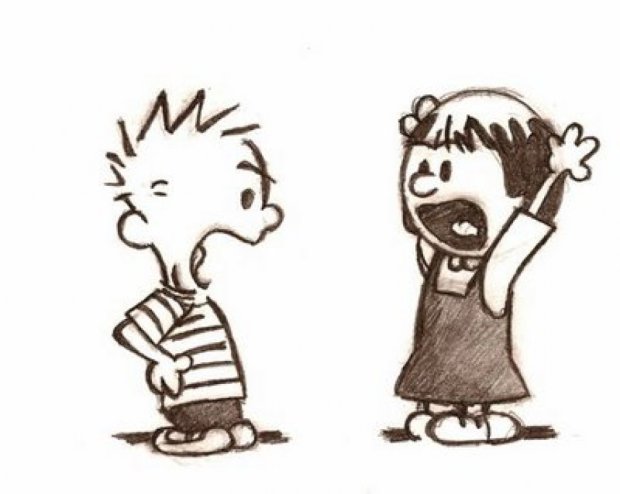Abraham Maslow was a Jewish psychologist who tried to answer a question that plagues every person at some stage: what is the meaning of life? To answer this question, he published a paper called A Theory of Human Motivation, where he introduced the now well-known Hierarchy of Needs. The basic premise to Maslow’s theory is as follows.
We have different needs in life. Maslow’s Hierarchy of Needs categorises these needs, then places them in a pyramid-shaped model in order of priority. Maslow believed that some needs are more fundamental than others. For example, you can’t worry about being single if you are starving to death. Therefore, to be motivated to work on one category, you must first satiate your need for the category below that. Maslow organised the categories in the following order.

Starting from the bottom of the pyramid, we have physiological needs. This is self-explanatory, as you need to be biologically alive to even worry about the other needs. This includes food, water, warmth and rest.
The next level addresses safety. If you do not feel safe, then you would be too preoccupied by the sense of danger to consider higher needs. Therefore, you need physical shelter, resources and a general sense of security, whether it be personal safety, financial, health or emotional security.
Safety and physiological needs are considered “basic needs“. The next two are considered “psychological or spiritual needs“.
Social belonging refers to the human need for connection. Loneliness and disconnect can be crippling to the point that you cannot enjoy the other aspects of your life, even if you have your basic needs met. This includes romantic and intimate relationships, family and friends, and communities.
Once we fulfil our need for external connections, we can start looking within ourselves, addressing our need for self-esteem and self-respect. We cannot lead fulfilling lives if we doubt and are unkind to ourselves.
Lastly, we have the apex of the pyramid that Maslow thought all people should ultimately aspire to: self-actualisation. Essentially, this means being the best version of yourself that you can be, unlocking your full potential and making the most out of your life.
The interesting part to this last step is that you define what the best version of yourself is. Perhaps you wish to be a great parent or a teacher. Perhaps you want to be a high-achieving professional or to create something others can enjoy. Perhaps you wish to be content and happy.
The Hierarchy of Needs suggests that to even think about achieving self-actualisation, we must fulfil the more basic needs first. This means that in some cases, what gets in the way of our self-actualisation may not be us, but our environment. For example, child abuse and domestic violence greatly affect a person’s sense of safety and causes significant trauma. Being socially isolated or having low self-esteem are all barriers to letting you be you. So how do we escape this trap?
First, evaluate whether you truly don’t have the basic needs. We often misjudge what we actually need in life, choosing to focus on things that won’t bring us joy, such as gaining more material wealth than needed, or social attention. On retrospect, we may find that we already have everything we need to ascend to the next level.
Second, if something is in your control, take action to remove the obstacle. This might involve changing your perspective, modifying how you do things or communicating with another person why things are not working. If you are in a toxic relationship or a job that you loathe, you may have to leave them to let yourself progress. We have much greater power over our lives than we think, but our fears, doubts and social pressures convince us otherwise.
Third, remember that Maslow’s Hierarchy of Needs is not the one-truth. There have been countless studies showing that Maslow’s suggested order of priorities do not apply in the real world, with many people opting to prioritise higher needs above basic needs, such as willingly staying hungry in order to pursue creative outlets, or giving up a secure, stable life in the pursuit of love. It may be difficult, but we can sometimes transcend the challenges of our environment through determination.
Maslow’s Hierarchy of Needs has been controversial in the field of psychology ever since its publication, but it is a good reminder that to achieve a happy, fulfilling life, we need to take stock of what we truly need in life and balance them with each other.




